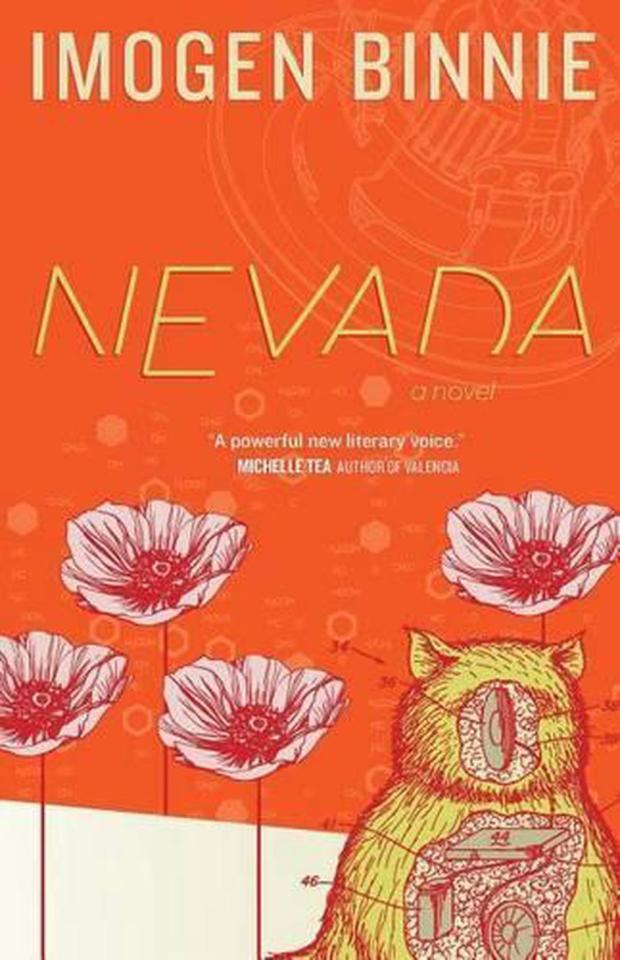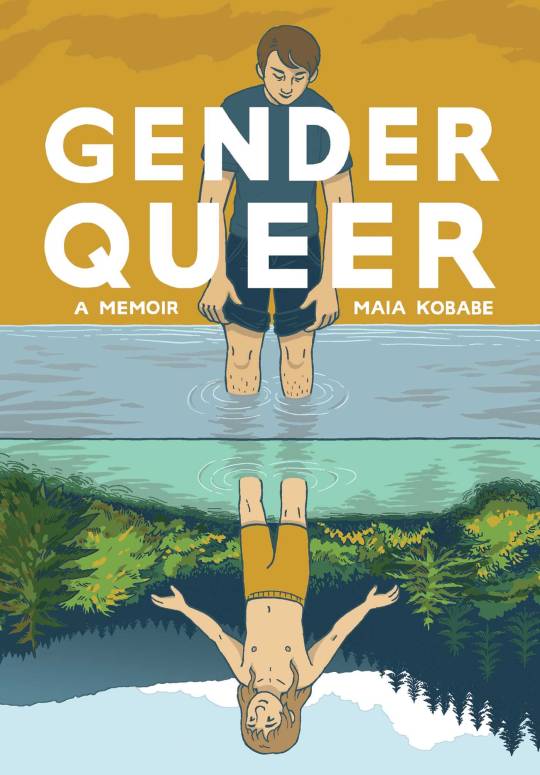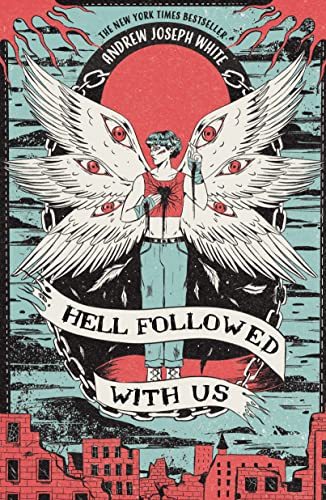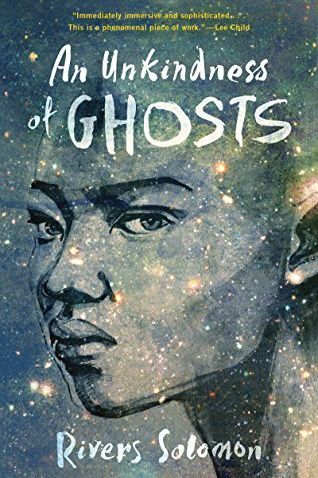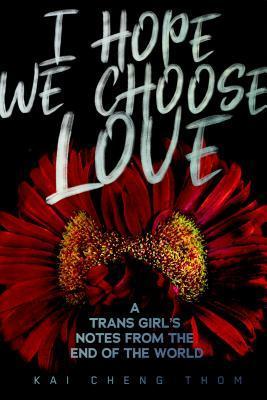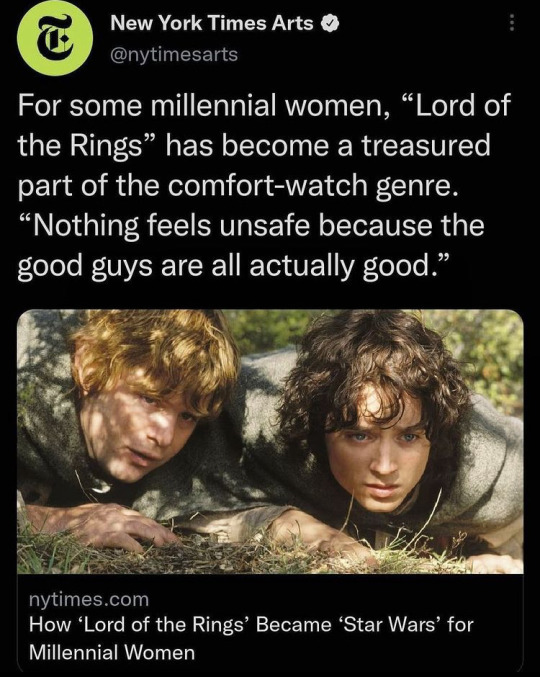Text
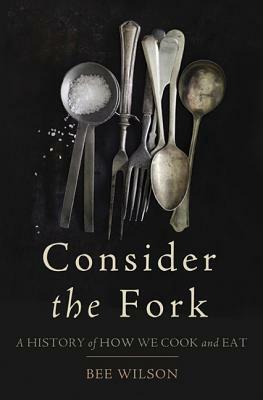
Books I Read in 2024
#28 - Consider the Fork: A History of How We Cook and Eat, by Bee Wilson
Rating: 4/5 stars
As a broad overview of the history of kitchen technology, with a focus on Western cooking, I think this is a successful and enjoyable work, well-researched and laid out with a structure based on individual technologies rather than a strictly chronological march through time.
That structure did mean revisiting Victorian kitchens frequently in each section, and the repetitiveness did wear thin by the end. Also, the "end" of the book came quite abruptly, with one of those end-of-chapter vignettes about coffee; as I was reading digitally, I thought I still had plenty more book to go, but I guess the end notes took up more space than I was expecting.
I'll remember this more in the long run, I think, for some surprising facts I learned from it. Two examples: the utterly mundane and standard two-wheel can opener I've been using my whole life was actually brand new when I was a child; and there's archaeological evidence that overbites developed in response changes in our utensil technology, supported across multiple cultures, which I find fascinating.
I enjoyed reading it, and I'd certainly recommend it to fellow kitchen nerds, but not necessarily deep history buffs, as it's a light read that doesn't go deeply into any one of its many subjects under the kitchen-tech umbrella.
1 note
·
View note
Photo
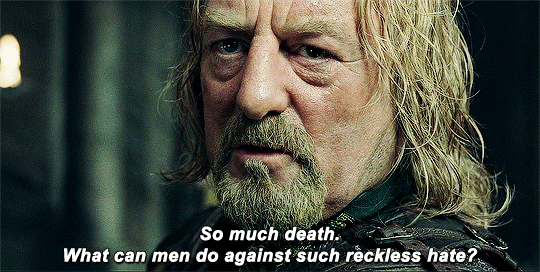
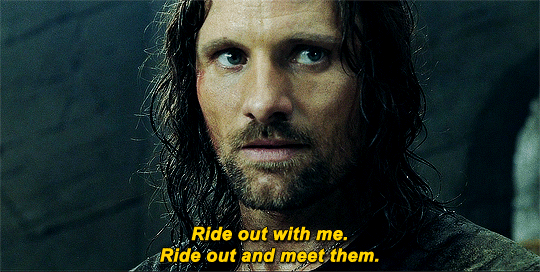
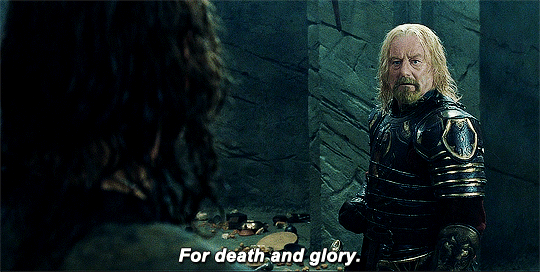
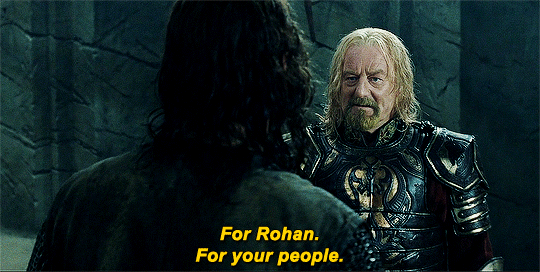
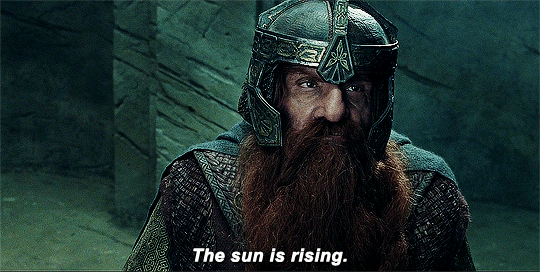
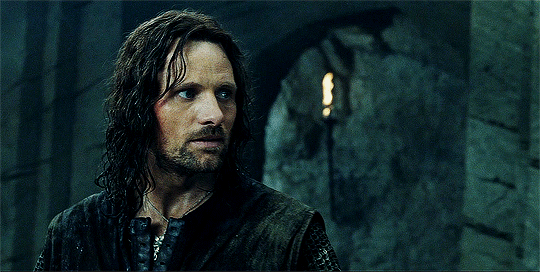
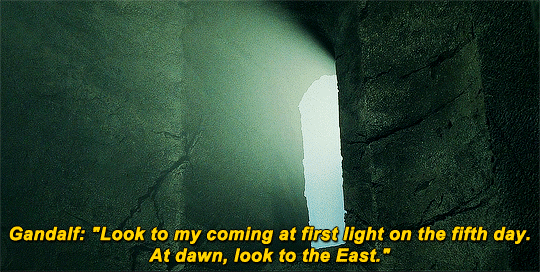
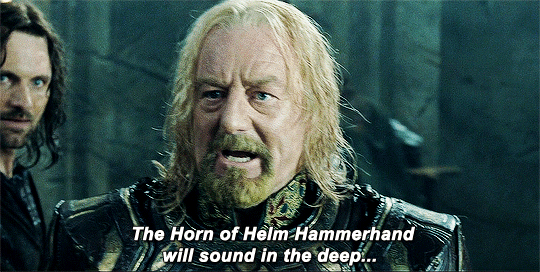
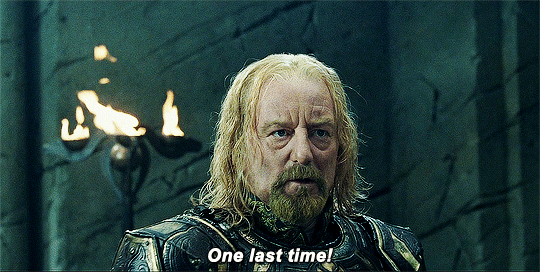
The Lord of the Rings: The Two Towers (2002) dir. Peter Jackson
5K notes
·
View notes
Text
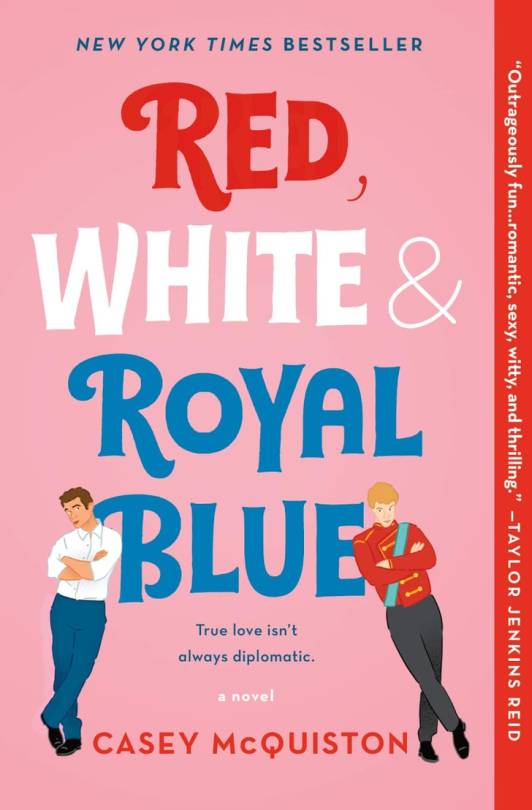
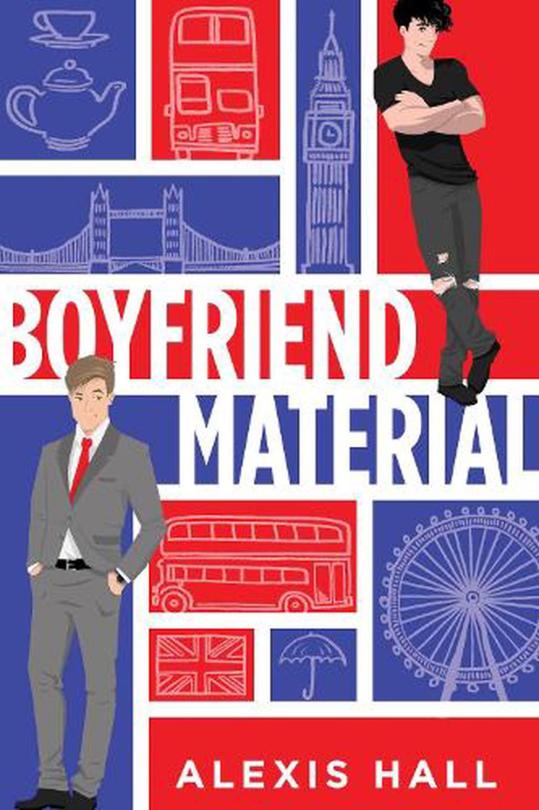
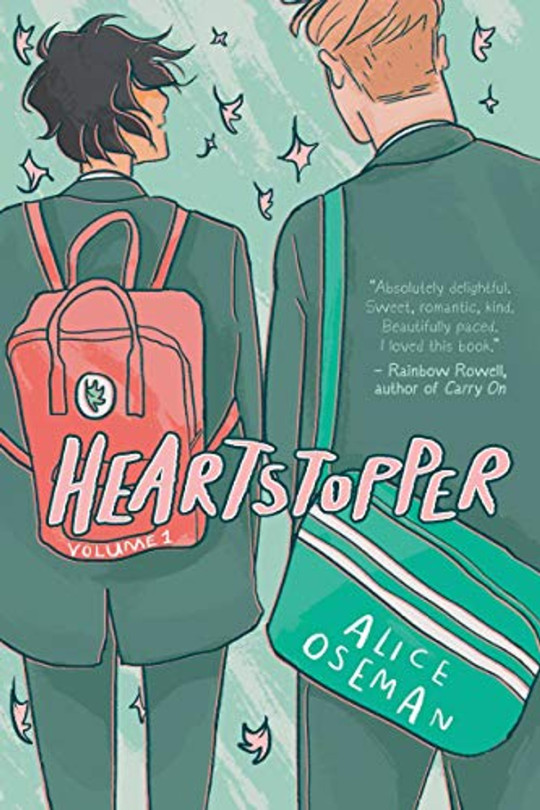
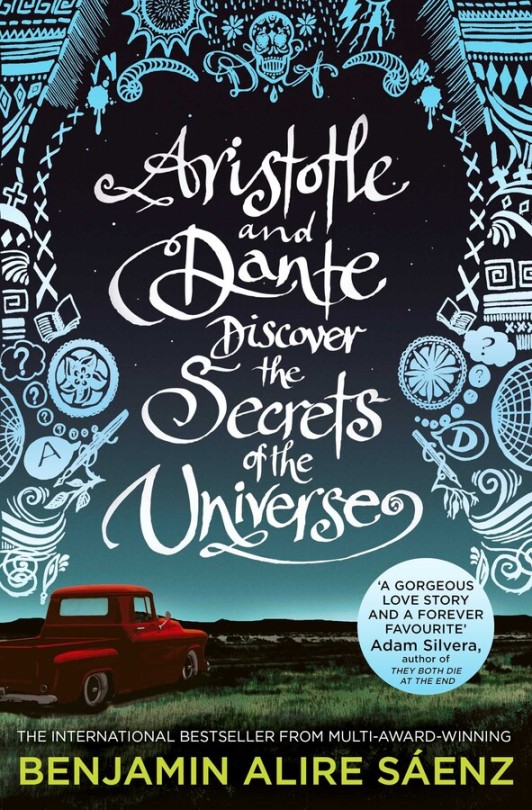
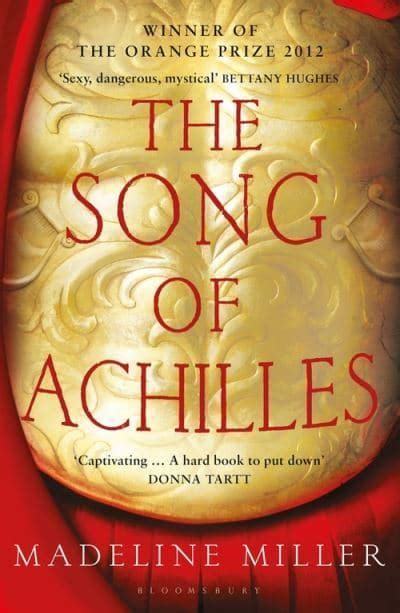
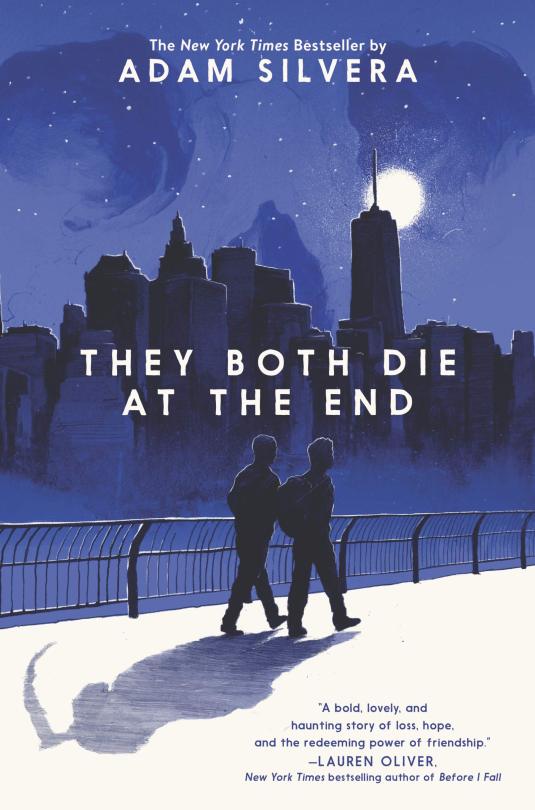
2K notes
·
View notes
Text
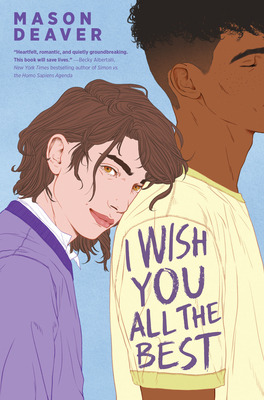
Books I Read in 2024
#27 - I Wish You All the Best, by Mason Deaver
Rating: 3.5/5 stars
I found this easily readable despite its topics often being dark, but I think some of that ease came from a lack of development. Ben's first-person protagonist POV as a teenager struggling with anxiety and depression does the same thing here as nearly every other YA novel with a mentally ill teen lead: distances the reader from everyone who is not the protagonist.
Nathan, as the character who goes from classmate to friend to eventual love interest/boyfriend, gets enough page time to come across as a generally happy, upbeat guy who easily holds up his end of the sunshine/grump relationship dynamic, but doesn't have much going beyond that, at least until the very end when we get a tiny glimpse into Nathan's inner life as he reveals his sexual orientation.
Hannah, as Ben's sister, is held at arm's length from the reader because she is a virtual stranger to Ben after ten years apart.
Her husband, and Nathan's friends who eventually become Ben's friends (sort of) are thin, with very little to define them beyond their position in Ben's orbit and their ethnic identities. I finished the book earlier today and can't really assign personality traits to any of them beyond "they're basically good people who don't want Ben to suffer."
Ben's parents are not portrayed as much more complex than cartoon-villain levels of evil, and I'm not saying hateful people don't exist, but usually there's a little more nuance to their hate, or reason for it. The premise was that Ben came out as nonbinary and got kicked out of the house, but it wasn't all that believable that they thought it might go well, only to have it go so very wrong. Did they really not know their parents better than that?
It makes sense that the story is about Ben so that's who we get the most of; but I wish there had been some added depth to anyone else, to flesh out the story more, or even to make Ben seem less clueless, because they generally display a marked lack of understanding about the internal motivations of anyone else.
0 notes
Text
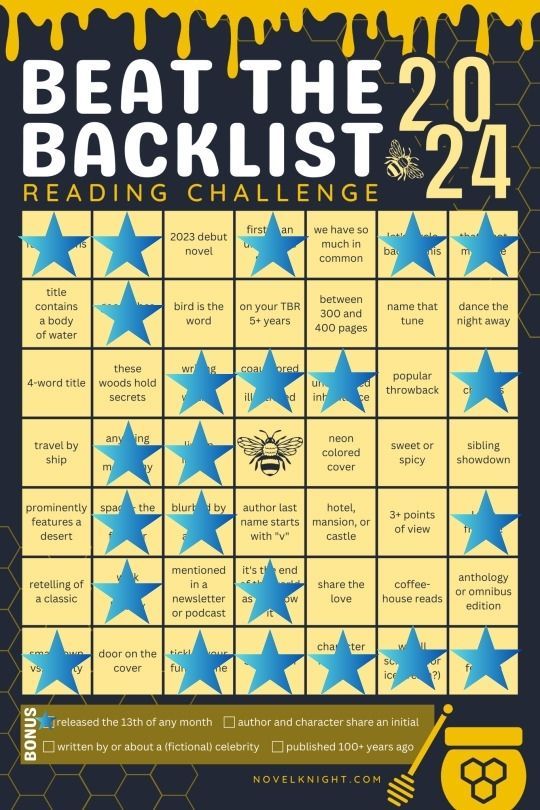
Catching Up the Bingo Card - April
space - the final frontier: Obsidio
queer AF: Never Been Kissed
let's circle back to this: Art Before Breakfast
good vibes only: Paint, Play, Explore
writing about writing: How to Suppress Women's Writing
I was framed!: Gifts
blurbed by a fave author: Imogen, Obviously
Other random but notable things about this month's reading:
I read three books in a row that had 160 pages
Three of the four five-star ratings I've given this year were this past month
I read two books in a row with the same release day (September 1) but 21 years apart (1983/2004)
1 note
·
View note
Text

Books I Read in 2024
#26 - Imogen, Obviously
Rating: 5/5 stars
And now we have recaptured the magic of Simon that I felt was sorely missing from The Upside of Unrequited.
It's impossible not to see how this novel (2023) is deeply informed by Albertalli's experience in publicly coming out (2020) after years of criticism since her debut novel (2015) for writing queer characters while being, as her Wikipedia page puts it, a "presumed heterosexual."
While I don't share that exact experience, I am a white American bisexual woman who didn't come out until later in life, mostly because I didn't even figure out I was bi until my early thirties, and it was several more years before I felt comfortable enough to claim the label, precisely because of the pressures of compulsory heterosexuality, straight-passing "privilege," and the eternal debate raging in my head due to imposter syndrome of "but am I really queer enough?"--all of which are a part of this story.
This book might be YA and hopefully has both entertained teen readers and helped some of them figure out who they are--but it's also very much a book Albertalli wrote for herself, and for me, and for an entire generation of women who are queer adults now despite growing up either believing they were straight, or knowing they weren't but staying closeted, or even not knowing enough about themselves to question who they were.
While most of the supporting cast is queer and supportive, one character in particular is the queer gatekeeper loaded with good intentions but often spouting toxic rhetoric despite that. I appreciated the nuance of it, because her history naturally makes her defensive in understandable ways, but the narrative doesn't shy away from calling out her bullshit, and the ending doesn't resolve her part in the story--she's a loose thread deliberately, and it's rare for me to say this, but I like that decision. It's not important to Imogen in the midst of her happy ending that she decide if she can forgive that behavior and they can continue to be friends. That's something she clearly can figure out later as she figures out more about herself (and hopefully if the gatekeeper's behavior improves to the point where she no longer deserves that descriptor.)
11 notes
·
View notes
Text

Books I Read in 2024
#25 - Gifts, by Ursula K. Le Guin
Rating: 1/5 stars
A rare miss for me from Le Guin. I don't require all my fiction to be fast-paced or action-packed, but this was glacially slow, on top of having an odd structure where most of the book was essentially an extended flashback, on top of having all characters who weren't the protagonist be functionally one-dimensional.
I kept going, hoping it would get better because the reason I was reading this at all was that I found the second book in the series, Voices, at a secondhand shop and thought "Le Guin that I haven't read yet? Sold!" without realizing it was a second book at all. But the start to this series was so disappointing I'm going to re-donate Voices unread.
I never found much of anything to care about; the story is yet another coming-of-age for a teenage boy with unusual powers, and Orrec is no Ged.
0 notes
Text
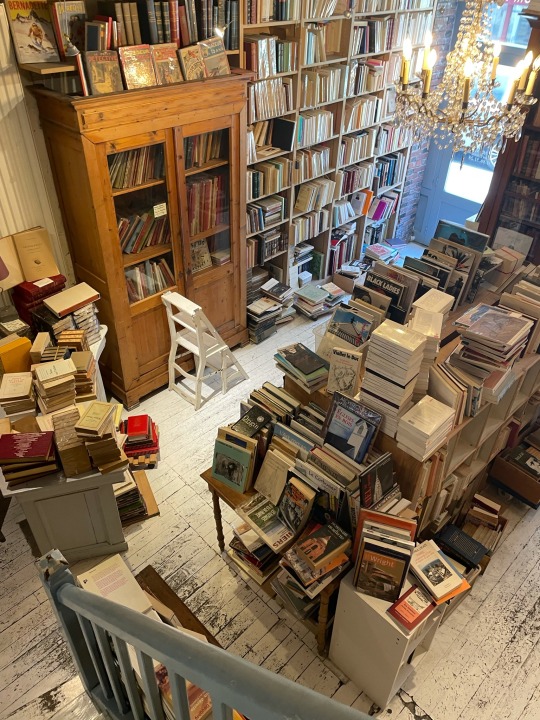
The calm feeling of wandering through an old and empty bookshop ♡
24K notes
·
View notes
Text


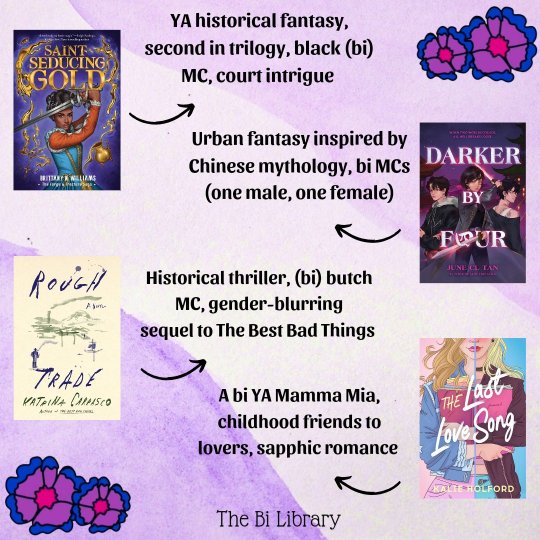
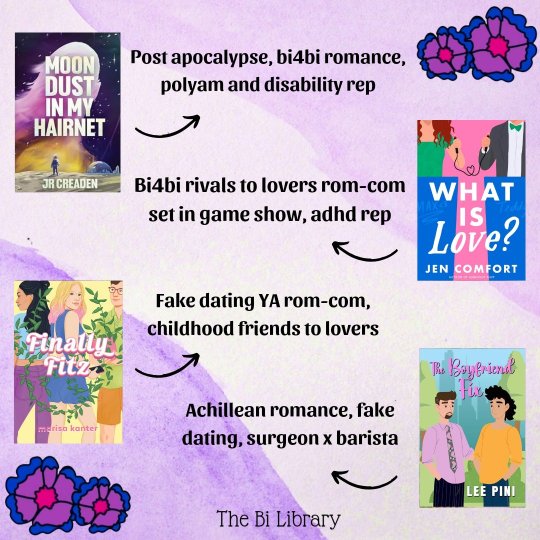
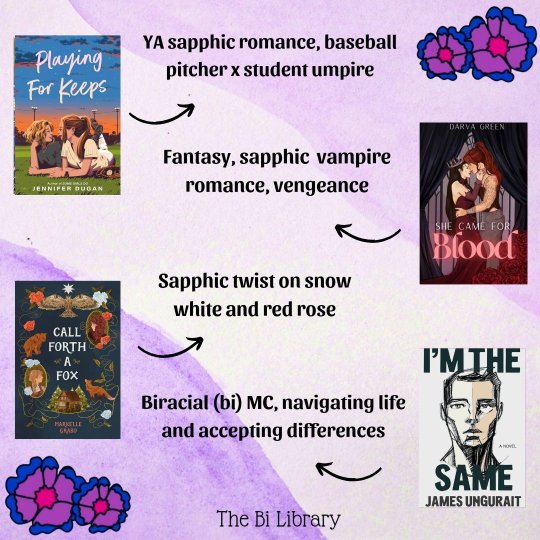
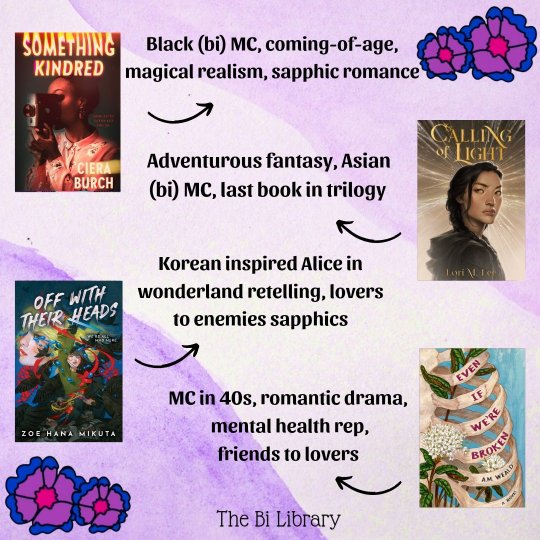
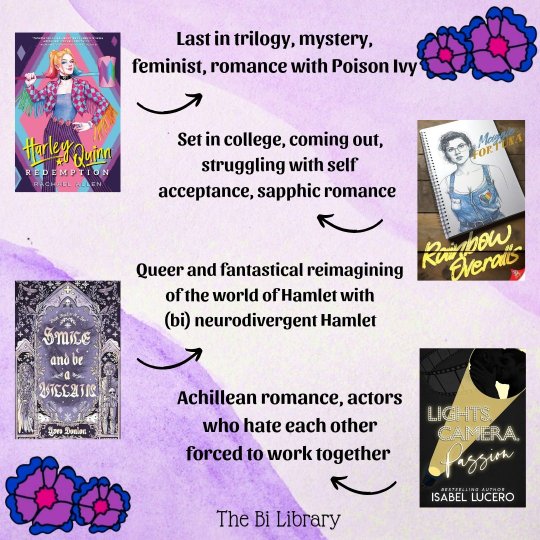
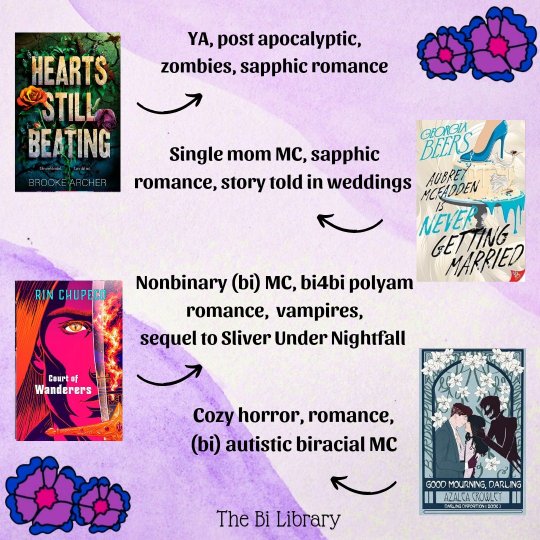

Here are bisexual books out in April!
Books listed:
In Universes by Emet North
Dear Bi Men: A Black Man's Perspective on Power, Consent, Breaking Down Binaries, and Combating Erasure by J.R. Yussuf
Truly, Madly, Deeply by Alexandria Bellefleur
Of Blood and Aether (Harbingers, #1) by Harper Hawthorne
Saint-Seducing Gold (The Forge & Fracture Saga #2) by Brittany N. Williams
Darker by Four (Darker by Four, #1) by June C.L. Tan
Rough Trade by Katrina Carrasco
The Last Love Song by Kalie Holford
Moon Dust in My Hairnet by J.R. Creaden
What Is Love? by Jen Comfort
Finally Fitz by Marisa Kanter
The Boyfriend Fix by Lee Pini
Playing for Keeps by Jennifer Dugan
She Came for Blood (Dreamers & Demons: Sapphic Monsters Book 3) by Darva Green
Call Forth a Fox by Markelle Grabo
I'm The Same by James Ungurait
Something Kindred by Ciera Burch
Calling of Light (Shamanborn, #3) by Lori M. Lee
Off With Their Heads by Zoe Hana Mikuta
Even If We're Broken by A.M. Weald
Harley Quinn: Redemption (DC Icons Series Book 3) by Rachael Allen
Rainbow Overalls by Maggie Fortuna
Smile and Be a Villain by Yves Donlon
Lights, Camera, Passion by Isabel Lucero
Hearts Still Beating by Brooke Archer
Aubrey McFadden Is Never Getting Married by Georgia Beers
Court of Wanderers (Silver Under Nightfall, #2) by Rin Chupeco
Good Mourning, Darling (Darling Disposition, #1) by Azalea Crowley
All the Hype (Oak Haven Romance) by S. Bolanos
The Devil to Pay by Katie Daysh
Every Time You Hear That Song by Jenna Voris
You can find these books in this list on goodreads
171 notes
·
View notes
Text

Books I Read in 2024
#24 - How to Suppress Women's Writing, by Joanna Russ
Rating: 5/5 stars
The prologue asks the reader not to view the book as a mirror, but it was impossible for me not to, as a woman, as a writer, and as a student of "literature" both formally (I did take courses on it in college) and informally (how many book reviews am I up to now? Last time I counted it was over 800, so by now I might be close to or even over a thousand...)
I looked into that mirror and saw not only the ways I have personally been suppressed, but the ways I have participated in my own suppression and suppressed others.
I've never wanted to write "literature" or be regarded as a "great" writer; when I was scribbling (to borrow from Alcott) away on notebook paper in high school teachers would joke about The Great American Novel, but chasing that laurel was never my goal. I wrote about what interested me, which has ranged from weird absurdist short stories when I was younger, to fantasy and sci-fi, and finally, what I actually published was romance (though some of it in a post-apocalyptic setting, so that's also blending in some sff/horror elements.) I never felt actively pushed out from the "center," as Russ puts it, of the literary canon; I never wanted to be there.
But that was on a conscious level. Subconsciously, I probably knew I couldn't get there even if I wanted to and tried.
So I'm a genre-fiction author. (I'll still call myself that even if it's been over three years since I published and there's no new book on the horizon--literature authors can take decades-long breaks and still come back with another book and they'll have been an author the whole time, so I'll keep my title and my pride.) I'm quite comfortable and at home in the genre suburbs, away from the bright city lights of the literary canon, but I live there knowing full well that no matter how well genre fiction sells, no matter how romance is the biggest single genre in the industry in terms of both published works and total sale, it will still remain the suburbs. There's no real hope in me that genre fiction will ever get the recognition it deserves from the literary elite--but that's how I'm still participating in the system, because if I didn't still, on some level, think literature was "better" then it wouldn't matter, would it?
I live in the genre suburbs based on what I was reading growing up--my mom was an avid reader and it was almost entirely mystery and science fiction, not just the "classic" science fiction that was largely male in her day (Bradbury, Heinlein, Asimov, etc.) but also, with the popularity of the "new" Star Trek series in the late 80s when I was a kid, whole shelves full of Star Trek novels, which in her collection seemed to be roughly balanced in terms of male/female authorship. Almost all of the ones I loved best and reread a dozen or more times were written by women. (I love you, Diane Duane, I didn't even know you'd written non-Trek stuff until years later.)
My role models for writing were not entirely female--it's impossible to deny the impact Stephen King in particular has had on my work--but most of what I read in my late teens and early twenties as well was female-written fantasy, romance, and fantasy-romance. (I refuse to call it romantasy. Absolutely refuse.)
So I don't lack a tradition, one of the forms of dismissal Russ points out is used to isolate female writers as anomalies; their works may be exceptional in quality, but they are still exceptions to the "rule" of male dominance.
What I do lack is an awareness of how deeply I've internalized the male-driven standards of "literature" anyway and wield them as a cudgel in my book reviewing. Yes, I often disdain works of literary fiction knowingly for their hollow pretension and constant insistence that only male experience matters, only men deserve to have their stories told, and everything else is lesser than them. But I had not realized how firmly I had recentered what I believe "good" writing is in my own experiences and my own desires and still looked down on marginalized authors that wrote things too different, too experimental, too unfamiliar, and criticized them in much the same way any of the historical critics Russ quotes would be speaking of my work, were they around still to read it.
It was the section on poetry, I think, that really pushed the mirror in my face and made me cringe at my own actions. Once upon a time, a Tumblr poet made it big with her debut, and I read it a few years later, and I gave it a poor review, contending that no matter how heartfelt it was, it wasn't "poetry." I tried to keep the critique of her work about her work, and not about the obviously powerful emotions and pain that spurred it, and I hope I succeeded; but I definitely used the rubric of "poetry" that I had been taught my whole life as the lens to view her pieces, and they all fell short by that standard, no matter how genuine the emotion was.
I did the exact same thing to her that male critics have been doing to female poets the whole time; she wrote it, but it isn't poetry.
I don't think I would have the experience Russ writes of in her afterword, where she realizes she reads Their Eyes Were Watching God, thinks it's bad, but then realizes she's too far away from it (essentially) and does a bunch of educational reading to bring herself closer to it before she rereads, and hey whaddaya know, it's actually really good. If I reread that slim volume of short poems again...I'll be honest, I'm pretty sure I still wouldn't like it. But I would no longer say it's not poetry. "Growth only happens in the margins," as Russ said repeatedly. All of her observations about the way men dismiss women stand equally true (as she herself says) for any other majority/minority dynamic, and it's the marginalized authors who have the freedom to be different, to push the boundaries and experiment with style and form and content, simply because they are so far away from the calcified center mass of "true" literature that, by unspoken definition, can only be produced by older, white, middle-class or higher men.
2 notes
·
View notes
Text
What I Say: My favorite genre is alternative history
What People Hear: I like considering what would happen if the Civil War/WW2/Cold War ended differently
What I Mean:
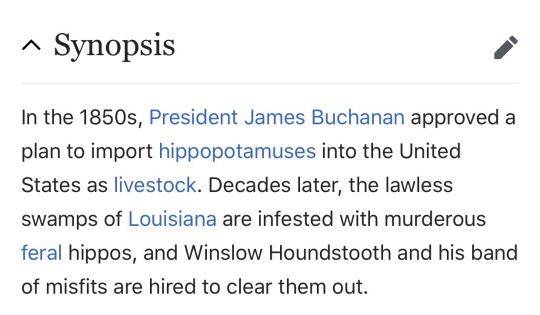
82K notes
·
View notes
Text
do me a solid and just reblog this saying what time it is where you are and what you’re thinking about in the tags.
#10:29 pm#drinking a beer while thinking about women in literature#because my current read is#how to suppress women's writing by joanna russ
536K notes
·
View notes
Text
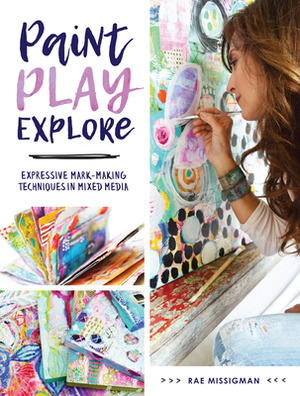
Books I Read in 2024
#23 - Paint, Play, Explore: Expressive Mark-Making Techniques in Mixed Media, by Rae Missigman
Rating: 3.5/5 stars
A bit of an odd duck, in my experience, in terms of books on art instruction. There are plenty of exercises encouraging the reader-artist to try new techniques, and constant encouragement to make notes about what was successful and what wasn't; which I find sensible but also somewhat at odds with the free-wheeling, anything-goes nature of the art style as presented.
Whether or not the look of the author's art is to your personal taste isn't the point (I find some of the example pieces pretty and others ugly, as it happens,) the point is the technique. I didn't experiment with every technique presented, because a great many of the exercises called for tools I didn't have (mostly the ones associated with printing, like brayers and printing plates) so I did what I could with the materials I do have. (I also skipped anything involving "organic" dyes like the raspberry juice and the Easter-egg-dye tablets.)
Eventually these exercises lead to one final big project, a large-scale canvas that the author encourages the reader-artist to work on collaboratively with others, especially family members, especially non-"artists." I have not done that at this stage--this is a library book I need to return--but I'm both intrigued and put off by this final exercise, which has incredibly detailed instructions and calls for a whole host of improvised mark-making tools that I don't have and won't invest in.
My final thoughts are that this is a highly inspirational book for anyone looking to play with mixed media, but the exercises themselves intended to teach techniques and encourage experimentation are sometimes so proscriptive in their instruction that they often felt limiting when that's clearly not the intention. I also found it odd that the progression of exercises seemed random, without much in the way of a difficulty curve, and based on assumptions about how I paint that aren't true--I couldn't do the paint-chips exercise because I always clean my palette, I thought I was supposed to? And the earlier exercises suggested cleaning my brushes on scraps of fabric to create new media to incorporate, so I was, and thus also not making paint chips. I've started reserving a few wells of my palette to let paint dry on so I can get them soon, but a "helpful tip" box earlier on, like the one for the fabrics, would have been useful.
And that's indicative of my experience with nearly everything about the book--a mix of interesting and experimental and fun, but also full of assumptions based on how the author makes art that aren't universal.
Also, and this is such a tiny personal nitpick, but the lengths to which the text goes never to use the word "draw," I found a little ridiculous. Okay, I get it, this isn't drawing even when I'm using media often used for drawing like pens and pencils and crayons, but sometimes the instructions are clearly asking you to draw something, except some people think drawing is hard, so we're "making marks" instead. The introduction of the book goes into detail about the author's thought process in developing her mark-making philosophy, which is somehow simultaneously vague and deeply personal, so I can't relate to it, but I also don't want to criticize her for it; I just found it silly that the book won't use the word "draw" even in cases where it's the most relevant verb for what the instructions want you to do.
1 note
·
View note
Text
we absolutely did not appreciate Ursula Le Guin enough while she was around, y'all
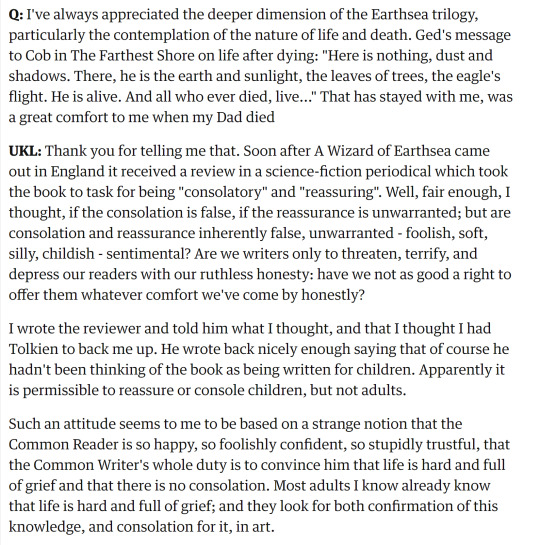
4K notes
·
View notes
Text
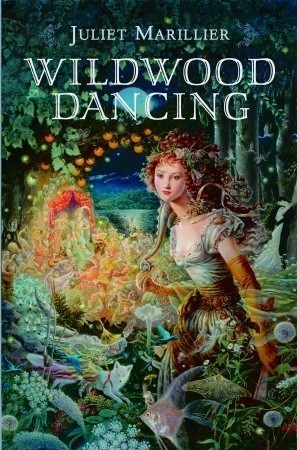
vote yes if you have finished the entire book.
vote no if you have not finished the entire book.
(faq · submit a book)
39 notes
·
View notes
